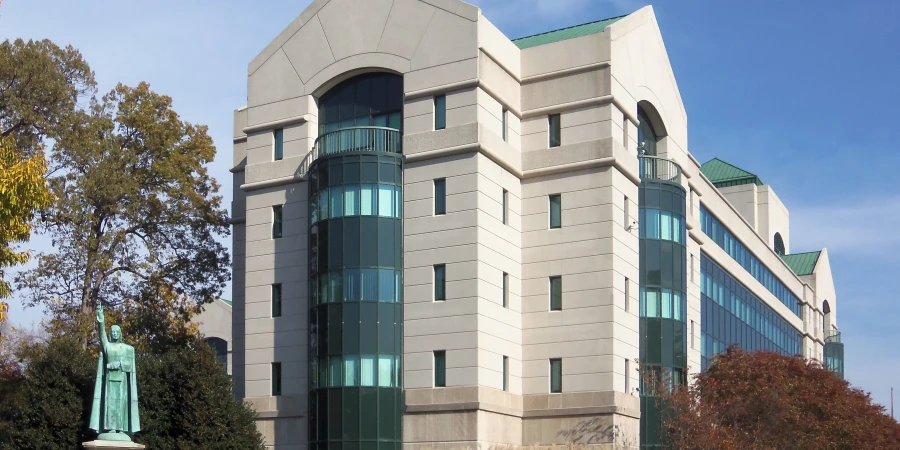Faith Under Fire: U.S. Catholic Bishops Raise Alarm on Mounting Religious Liberty Threats

In a compelling annual assessment, the United States Conference of Catholic Bishops' (USCCB) Committee for Religious Liberty has released its latest report on the state of religious freedom in America. The comprehensive document sheds light on critical challenges and ongoing efforts to protect fundamental religious liberties across the nation.
The annual report serves as a crucial watchdog document, meticulously tracking and highlighting potential threats to religious expression and freedom. By bringing attention to key issues, the bishops aim to raise awareness and promote robust dialogue about the importance of protecting religious rights in contemporary society.
Through this detailed examination, the USCCB Committee provides insights into emerging trends, legal challenges, and strategic efforts to safeguard the constitutional right to religious freedom. Their vigilant approach underscores the ongoing commitment to preserving one of the most fundamental human rights enshrined in the First Amendment.
Religious leaders and advocates continue to monitor developments closely, recognizing that protecting religious liberty requires constant attention and proactive engagement in an increasingly complex social and legal landscape.

